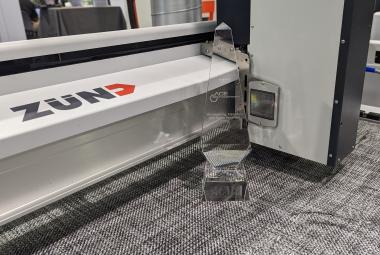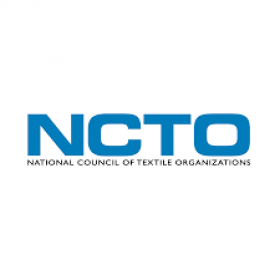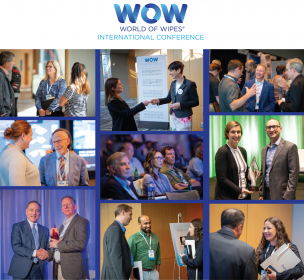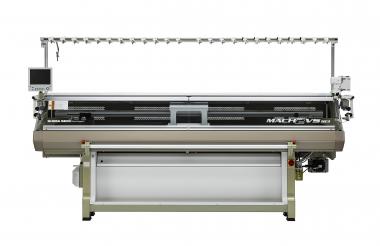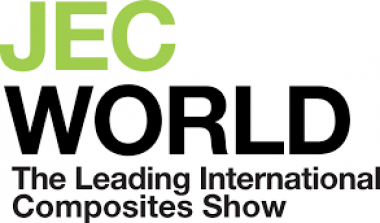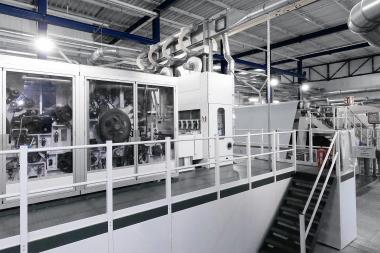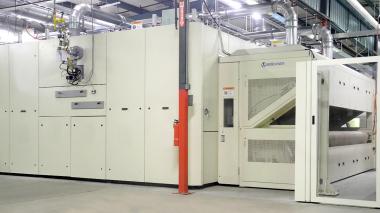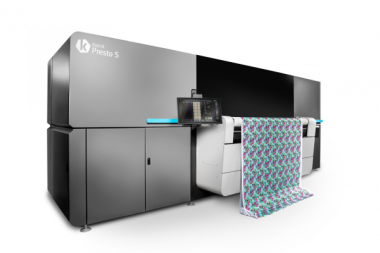Zünd: Heat Sealing Module – HSM receives composites industry award
At the recent CAMX 2022 Composites and Advanced Materials Expo in Anaheim, California, The Heat Sealing Module – HSM from Zünd was recognized with an Unsurpassed Innovation Award. The HSM significantly facilitates the processing and handling of dry fiber materials with thermoplastic content. This new tool is Zünd’s answer to a demand in the composites industry for wider-spread use and easier processing of these types of materials.
The American Composites Manufacturing Association, ACMA, proclaimed the Heat Sealing Module – HSM the winner of the ACE Award for Unsurpassed Innovation in the “Manufacturing: Equipment and Tooling” category. This award is presented annually to equipment, tooling, a production aid, or software designed to improve manufacturing production, environmental sustainability, or product quality and performance in composites manufacturing.
During processing, dry fiber materials are prone to fraying along the edges. Using hot air, the HSM seals the fabric along the cut path in advance of the Zünd Power Rotary Tool – PRT cutting it. Because of this sealing process, the cut can then be performed at full speed, in any direction, and produces both higher-quality parts and greater production efficiencies.
The HSM helps create clean, sealed edges when cutting fiber-reinforced thermoplastic composites. It benefits not only the cutting process itself, but other production processes downstream. Cutting this way leaves behind no loose or uncut fibers and maintains a clean cutting surface and uncontaminated production environment. At the same time, it ensures that cut parts maintain their shape, and this increased stability makes them much easier to handle, especially in fully automated production workflows.
Zünd Systemtechnik AG


